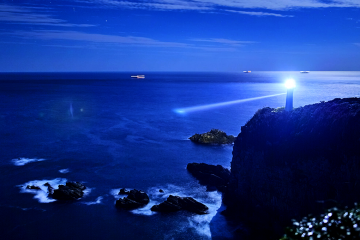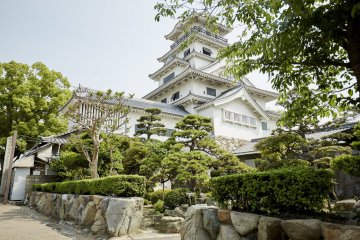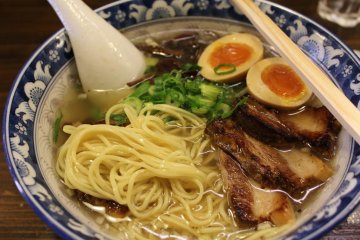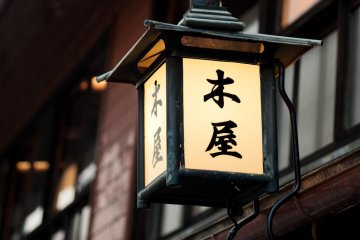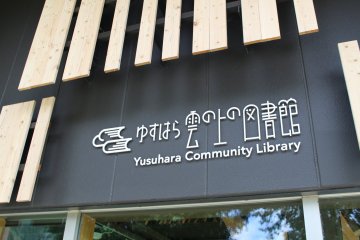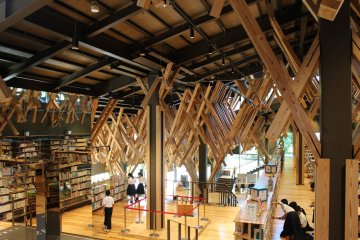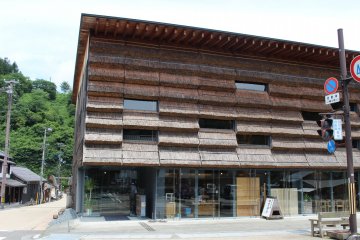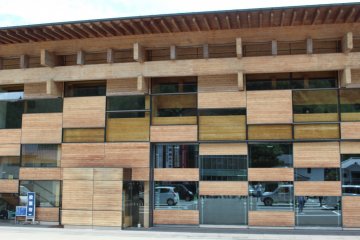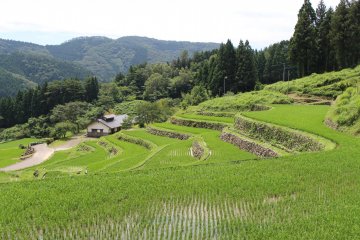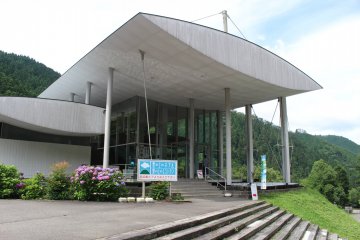Yusuhara, Kochi Prefecture, is a small mountainous town with truly special natural landscapes. More than 90% of Yusuhara is covered with forests and a part of the town even belongs to the Shikoku Karst Plateau.
The vast height of the plateau (1,455 m; 4,774 ft) allows for spectacular and unique flora and fauna not found elsewhere in Japan. On a clear day, it’s possible to see the Pacific Ocean to the south and the Seto Inland Sea to the north from the edge of the Karst Plateau.
The Senmaida of Kanzaiko are stacked rice fields and a wonder to behold; when the writer Ryotaro Shiba visited he described it as "inheritance not to fall behind the Great Wall of China".

Despite its limited farmland, Yusuhara enjoys a lovely and exceptionally modern town center with impressive public buildings. And it is perhaps surprisingly at the forefront of Japanese eco-friendly towns. The town hall in Yusuhara, designed by Kengo Kuma (the architect redesigning the 2020 National Olympic Stadium), has a beautiful wooden exterior that fits right in with the surrounding mountainous region; it also has solar panels that produce 40% of the energy needed to run the electricity of the building.

In fact, Kengo Kuma’s designs extend past Yusuhara’s town hall to:
- Community market and hotel, Yusuhara Town Station, blending natural light with the thatched roofs of old
![Yusuhara Town Station]()
Yusuhara Town Station - Kumo-no-Ue-no Gallery, a wooden bridge-shaped art gallery that makes viewers feel “above the clouds”
![]()
- Nearby Kumo-no-Ue Hotel
![Kumo no Ue no Hotel and Restaurant]()
Kumo no Ue no Hotel and Restaurant - Yusuhara Town Library
![Yusuhara Town Library]()
Yusuhara Town Library
It isn’t all innovation in Yusuhara however; this is also a town that deeply respects culture, traditions, and customs. Yusuhara-za, an old wooden theatre near the town hall, was built in 1948--only 3 years after the end of WWII—when the need for timber was at a high. And yet, the theatre was preserved and even reconstructed to allow it to stand in its present location. The town also totes itself as the place where Sakamoto Ryoma and six lower-ranking samurai left the Tosa Domain and began their campaign for freedom.







